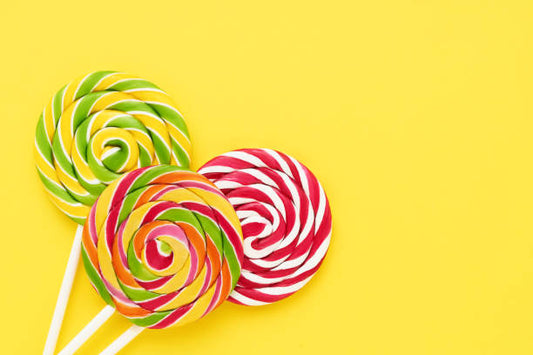When quarantine started, I was feeling anxious. These were uncertain times and I struggled to keep a daily schedule. The result was stress that led to stomach issues. Unfortunately for me, I learned stress and anxiety can lead to gastrointestinal problems. I was diagnosed with GERD (Gastroesophageal reflux disease), which is a chronic form of acid reflux. I spent much of my quarantined time learning about my body, what foods I can digest adequately, and what will and won’t negatively affect my gut. It was a long process of trial and error.
In the end, I learned so much about gut health which was worth it because now I can control acid reflux. I was so relieved to find natural ways to help control my flare-ups. Here are some remedies that I found effective:
Organic Watermelon & Cucumber Juice:
This is my go-to remedy whenever I feel my throat getting groggy, the constant clearing of my throat, and stomach aches. I use one part watermelon, one part cucumber and add ice cubes in a blender. For me, It is the perfect cure when I know that I have eaten something that will not settle well. One juice in the morning and one mid-afternoon settles my stomach nicely. I learned about this magical combination when I went to a doctor during the quarantine. Instead of prescribing over the counter medicines (because my case is very severe), he highlighted ways I can consume less acidic foods and increase my diet with things that improve gut health. Watermelon contains lycopene, a "powerful natural anti-inflammatory agent. Watermelon has the greatest concentration of lycopene (more than tomatoes!) and it is non-acidic.
Cucumber has "a high concentration of lignan, also a powerful anti-inflammatory agent." He also recommended adding flaxseed to this juice blend.
"Watermelon has the greatest concentration of lycopene (more than tomatoes!) and it is non-acidic."
Honey and Oatmeal:
Oatmeal is a great and quick breakfast that has also helped me maintain a healthy balanced diet. Steel-cut oatmeal is best as it is the least processed, and retains some bran. I add honey, but only use one teaspoon because depending on how severe your condition is, it's better to consume small amounts. Honey is great for coating your esophagus and controlling acid reflux, but it is acidic so it is better to consume on small amounts. I also find that adding flaxseed to the oatmeal helps with my symptoms. Flaxseed are rich in the omega-3 fatty acid ALA, lignans and fiber, all of which have been shown to have many potential health benefits. They can be used to improve digestive health, lower blood pressure and bad cholesterol, reduce the risk of cancer and may benefit people with diabetes.
Honey is great for coating your esophagus and controlling acid reflux, but it is acidic so it is better to consume on small amounts.
Alkaline water:
I learned about Alkaline water when I noticed every time I drank water from the faucet, something didn’t sit right. I live in New York City and New York water is about 7.2 on the ph scale, making it slightly alkaline (7 is neutral). I began to research if water had any connection to acid reflux, and it does. When you consume alkaline water, it helps with the PH levels of your stomachs’ acidity. Water from the faucet might have high PH levels that are affecting your stomach.
Probiotics:
It wasn't until June that I met a colleague and we talked about my acid reflux issues. She recommended I purchase a probiotic. You can think of probiotics as a type of good bacteria that helps your gut health. Good bacteria works to fight off bad bacteria and restore balance within your body. Good bacteria keeps you healthy by supporting your immune function and controlling inflammation. I take them every day and they have become part of my routine. I find it helps with bloating and indigestion, both issues that can occur from acid reflux.
Now, on to the less fun stuff, the things I try to avoid (unfortunately for me, all are my favorite!):
- Chocolate: surges your serotonin which can cause your esophageal sphincter to relax and gastric contents to rise. Source
- Tomatoes: They are way too acidic! This type of acidity can trigger bad heartburn.
- Sparkling Water: According to Webmd.com, carbonated beverages cause gastric distention that can increase pressure on the esophageal sphincter promoting reflux.
- Spicy Foods: Spicy foods are synonymous with heartburn and indigestion.
- Fried Foods: Just as chocolate, fried foods prevent your lower esophageal sphincter from closing, therefore leaving a pathway for acids to flow upwards and leading to reflux.
The list may sound scary, but by organizing your supermarket lists and learning about your body, you will realize there are so many other yummy foods that will satisfy your tooth!










